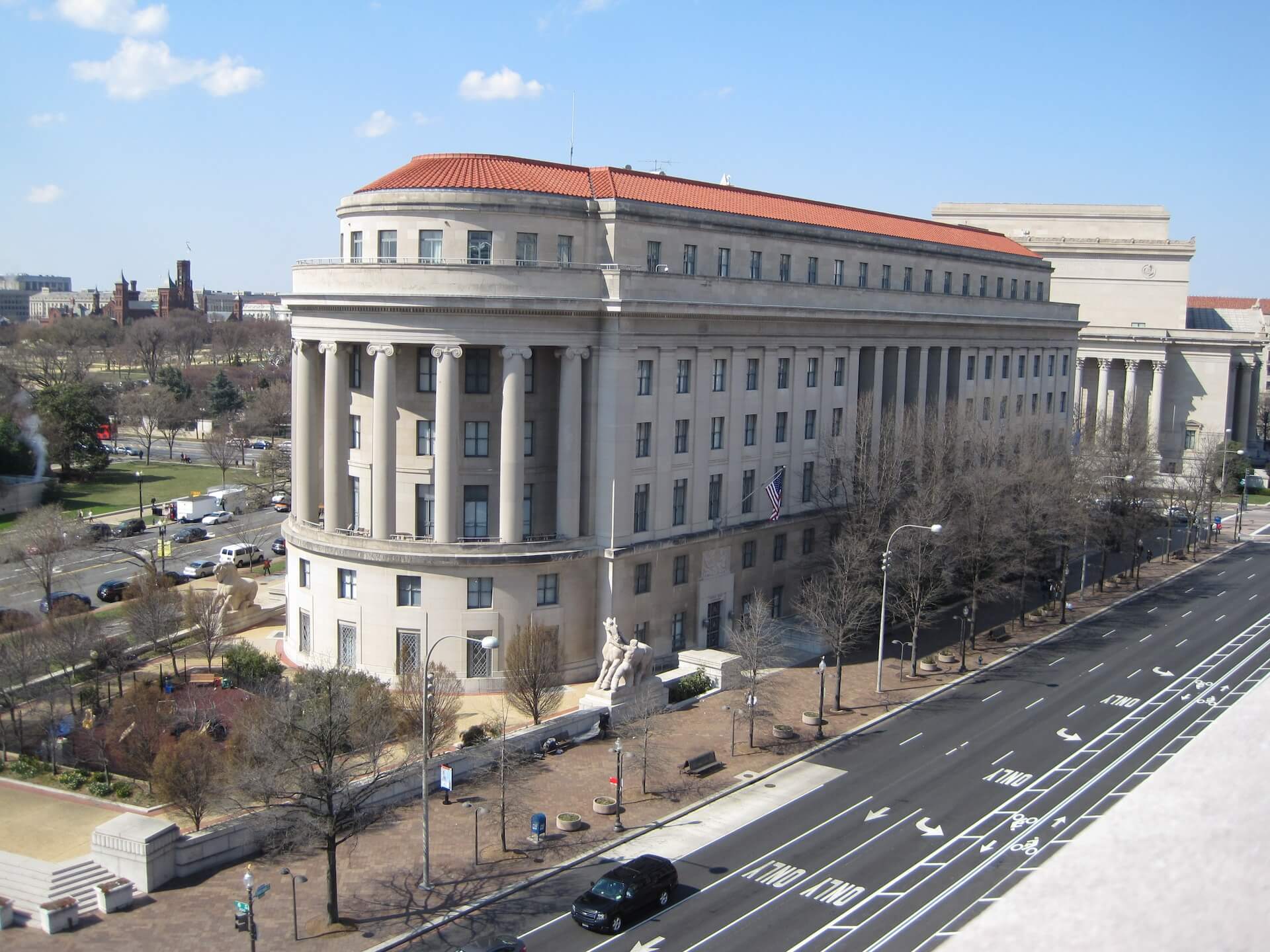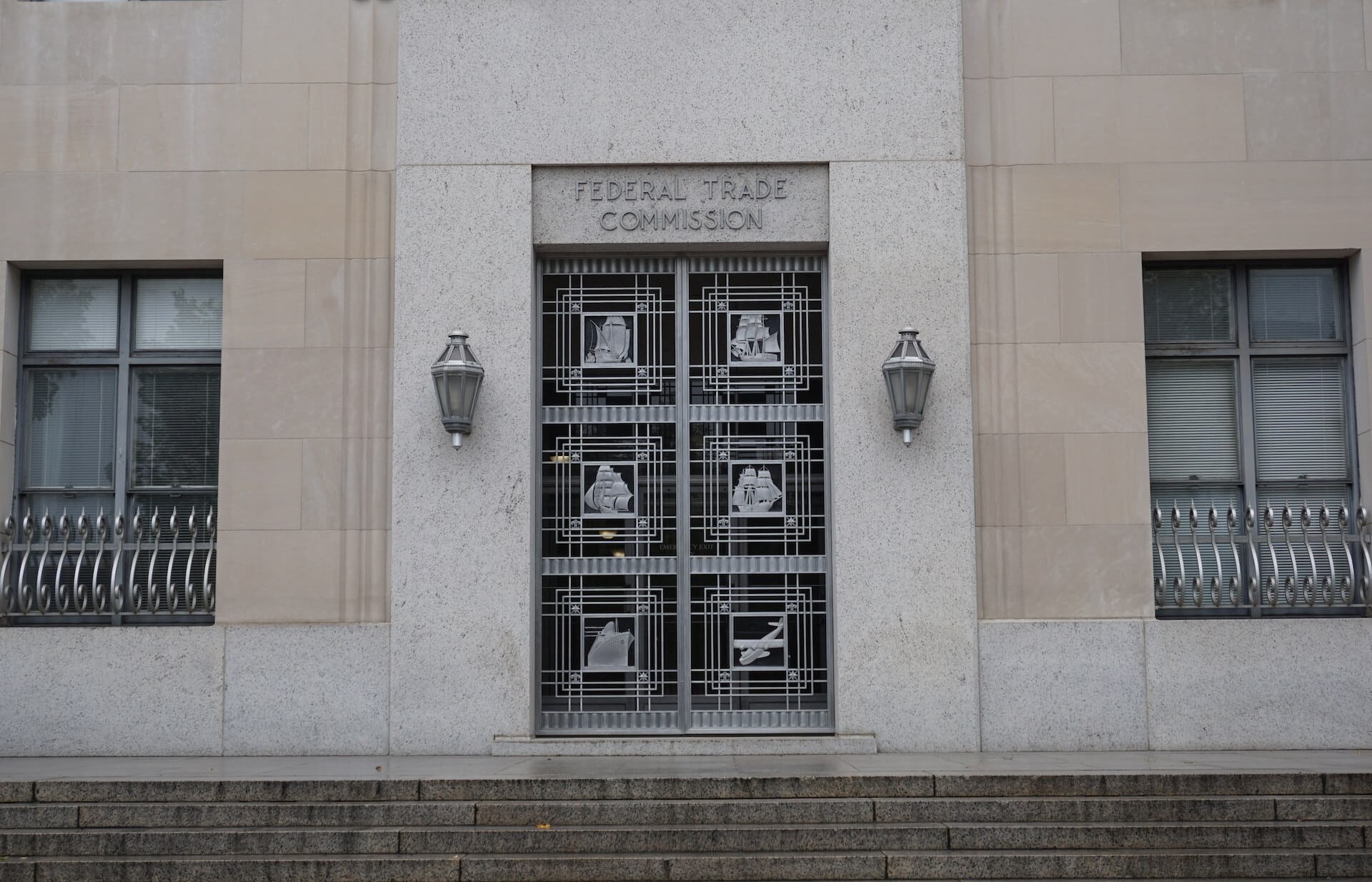FTC Targets Restaurant Fees and Surcharges
by David Klemt

The Apex Building, also known as the Federal Trade Commission Building in Washington, DC.
Well, that didn’t take long. Less than two months after asking for the public’s input, the Federal Trade Commission is proposing legislation targeting additional fees and surcharges.
The proposed rule is known as the “Unfair or Deceptive Fees” rule. As one may imagine, the FTC is going after hidden and so-called “junk” fees.
As it stands, according to multiple outlets, this rule would prohibit restaurant and bar operators from surcharges that are commonplace. For example, larger-party fees, delivery surcharges, and even credit card processing charges would be banned by the rule.
Instead, operators would be compelled to list total prices on menus, whether for goods or services. Further, the FTC is directing operators to provide larger groups with “larger group” menus. These separate menus would show total prices calculated to include any surcharges.
Even further, it’s being reported that the FTC is also addressing tips. The Commission’s rule directs operators who charge service fees in place of tips to remove the fee and return to tipping.
Interestingly, the National Restaurant Association is reporting that the FTC never identified restaurants as a targeted industry when asking for public comments about junk fees. However, other sources claim that restaurants were indeed included when the FTC put forth the request for public feedback.
Regardless, it’s a fair statement to say that the Commission doesn’t understand restaurant operation and costs. It appears that the FTC either didn’t work with any operators when drafting these proposed rules. Or, if they did seek out restaurant operator input, they put very little stock into it.
Costing Independents
One thing that’s clear is these proposed rules will cost operators. In particular, compliance will cost independent operations, which account for nearly 70 percent of American restaurants.
According to the NRA, the cost of changing menus will cost nearly $5,000 per operator, for starters.
“The FTC doesn’t take the realities of the restaurant industry into consideration,” reads the Association’s fact sheet. “Its estimated compliance cost—$3.5 billion—would equal a cost of $4,818.27 per operator for menus alone. Small independent operators run on a 3-5% margin and make an average of $45,000/year. The cost of making this change would be approximately 10% of their total income.”
As independent operators can attest, credit card swipe fees are a dynamic cost that affects them disproportionately in comparison to their chain restaurant counterparts. Since these fees are calculated on a per-transaction basis and not fixed, adjusting menu prices to comply with the FTC’s rule puts them at a costly disadvantage.
Then there’s the simple fact that when restaurants raise prices, traffic tends to drop. When traffic drops, revenue goes with it. And when traffic and revenue drops, hours are cut back, and people lose their jobs.
Harmful Legislation
As far as I can tell, this is another example of a government agency attempting to impose rules on an industry it doesn’t understand.
When drafting legislation that affects restaurants, a group of operators and industry advocates that truly represents those who will be impacted should be impaneled. Input should be taken into thoughtful consideration before drafting rules, and drafts should be provided to the panel to receive feedback.
Unfortunately, the past few years have made it clear that our industry has very few friends the federal government. Our lobby, such as it is, simply isn’t respected as valuable enough to warrant consideration before imposing harmful rules on the industry.
This, despite the fact restaurants and bars in America employ more than 12 million people. That’s a lot of voters too many elected lawmakers are willing to dismiss as unimportant.
Image: ipse dixit on Unsplash





